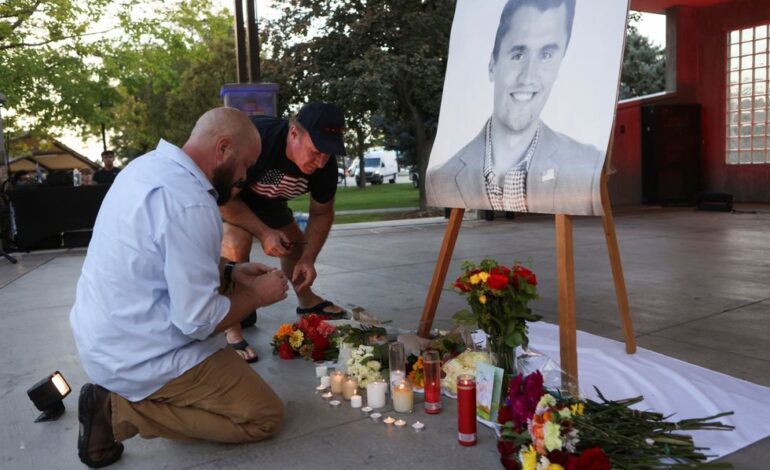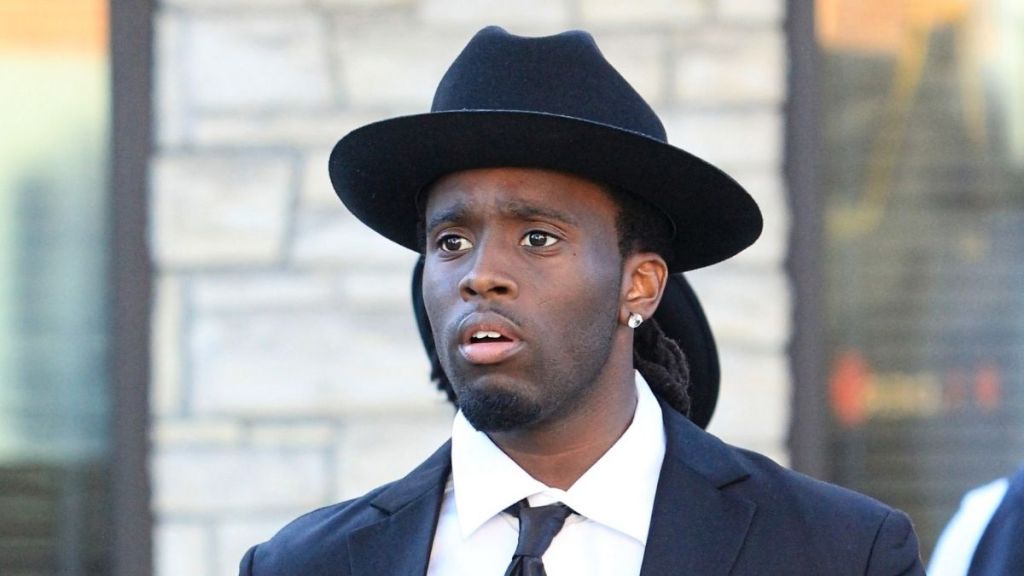Political Landscape Shifts After Killing of Controversial Figure

The recent killing of Charles James Kirk has ignited discussions around political rhetoric and the impact of incendiary language. Kirk, a prominent right-wing figure, was known for his controversial views, including opposition to gun control, abortion rights, and LGBTQ+ advocacy. His death has led to polarized reactions across the political spectrum, raising questions about the discourse surrounding political violence.
Kirk’s rhetoric often crossed the line into hate speech, targeting various marginalized groups. He made incendiary claims, such as suggesting that Black pilots were incompetent and promoting conspiracy theories like the Great Replacement. This kind of language has been criticized for fostering an environment of hostility and division in American politics.
Rev. Graylan Scott Hagler, an advisor with FOR-USA and founder of Faith Strategies USA, expressed condolences over Kirk’s death but emphasized the need to reflect on the implications of his words. “I am sorry for the death and killing of Charlie Kirk,” Hagler stated. “He expanded hatred and marketed the vile speech of old racisms in new wineskins.”
The response from political leaders has varied significantly. Former President Donald Trump ordered flags to be flown at half-mast in Kirk’s honor, while also calling for a reduction in hostile political language. Yet, his remarks simultaneously criticized those who condemned Kirk’s views, illustrating the complex dynamics at play within contemporary political discourse.
Kirk’s legacy is complicated. While he leaves behind a family and community connections, his public persona was marked by a lack of empathy for others, according to critics. The ongoing debates around his influence underscore a broader concern regarding the normalization of hate speech in politics.
As the nation grapples with this incident, it highlights a critical moment for reflection on the language used in political discussions. The violent rhetoric that has often characterized American politics raises fears of further political violence, as seen in Kirk’s case.
In the coming days, the debate over Kirk’s legacy is likely to intensify, as supporters and opponents alike engage in discussions about the future of political discourse in the United States. The challenge remains to navigate these conversations with care, recognizing the potential consequences of inflammatory language.






